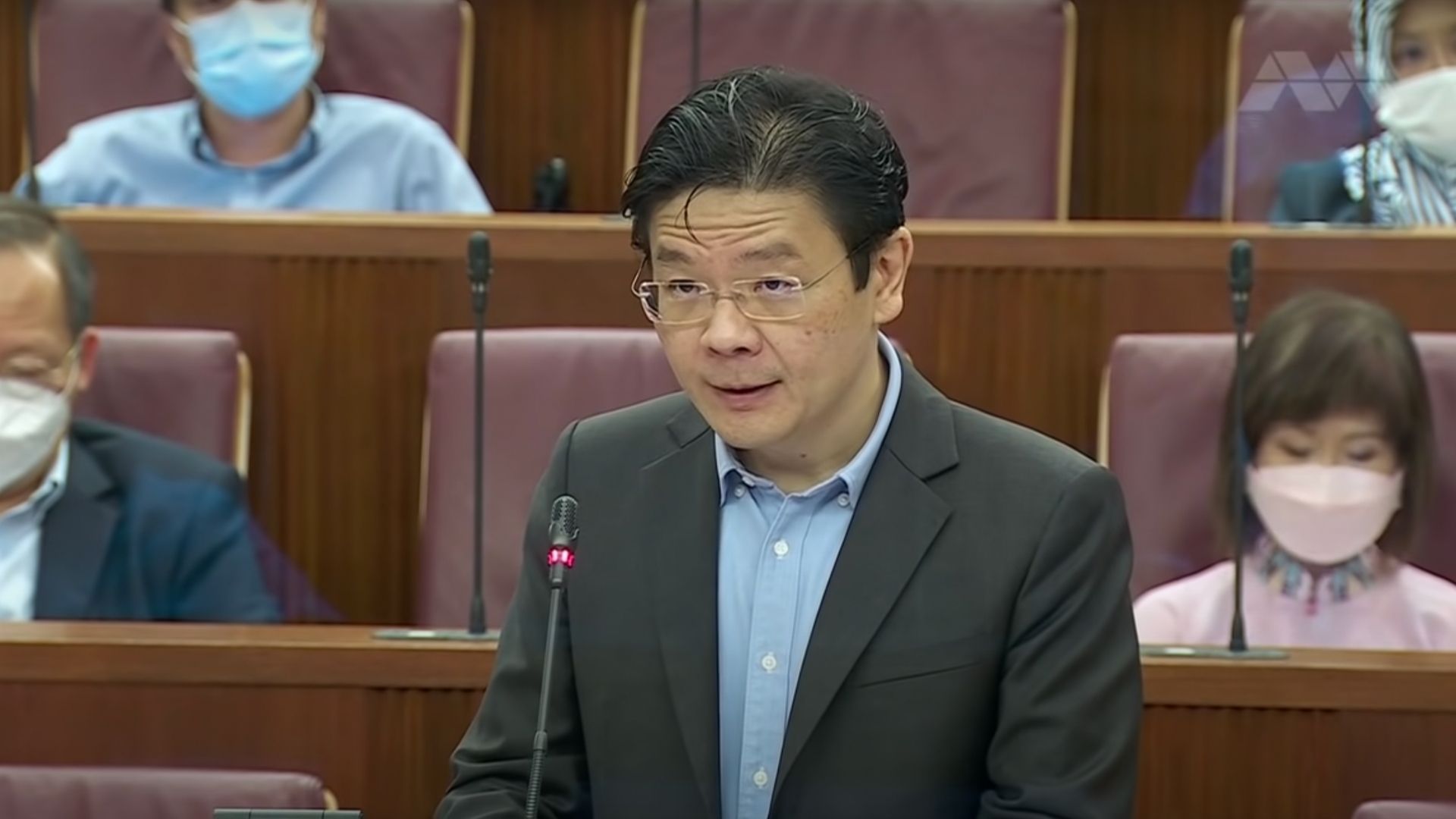Unprecedentedly, Finance Minister Lawrence Wong mentions the issue of mental health in this year’s national Budget Speech — and advocates are rejoicing the milestone.
“This might be the first time ever that Mental Health is mentioned in the Budget Speech, we should celebrate this baby step of progress!” says mental health awareness platform, @sgmentalhealthmatters on Instagram.
Former Nominated Member of Parliament and mental health advocate Anthea Ong, also signal-boosts the significance of mental health coming to the forefront of national budget considerations.
She shared on her personal platform (@anthea.ong) that “for two years in the hallowed chamber #NMPed, I had longed to hear mental health mentioned in the Budget speech”, further calling it a “#covidtwistedgratitude”.
Like Ms Ong, many believe that much of the rise in mental health talks can be attributed to the Covid-19 pandemic.
In Aug 2021, a study conducted by the Institute of Mental Health (IMH) found that about 13 per cent of the population reported experiencing symptoms of depression or anxiety between May 2020 and June 2021 — since the pandemic hit Singapore.
The study highlighted that more than half Singapore’s youth population (52 per cent) reported that mental well-being was a challenge during the second half of 2020, with the top stressors being anxiety of the future (53 per cent), stress over finances (41 per cent), and worries about academic or work performance (39 per cent).
Older adults made up another demographic that was hit badly, with many citing increased feelings of isolation due to the circuit breaker. Friction with family members, job insecurity, anxiety from adjusting to Working From Home (WFH) were also other concerns cited.
IMH added that they received 50 per cent more callers in 2020 than in 2019, with strong correlations to periods of isolation like the circuit breaker.
Furthermore, a new study has found that individuals who had contracted Covid-19 were significantly more likely to develop cognitive problems (80 per cent), sleep disorders (41 per cent), and other mental health problems like depression (39 per cent) and anxiety (35 per cent).
In response to these trends, the government has set up the Interagency Taskforce on Mental Health and Well-being, with three main priorities in place to improve on existing mental health initiatives.
The first is to develop an overarching national strategy to help align all the current agencies playing different roles in mental health advocacy.
The second, to develop a national portal for mental health resources to centralise all mental health information and resources available.
And third, to conduct mental health training for different groups in the community with a standardised framework in mind.
While Singapore’s top-down and bottom-up mental health initiatives are not lacking — even lauded internationally — there are undoubtedly still areas for improvement.
Ms Ong proposes that Singapore “go beyond just a temporary task force to setting up a permanent mental wellbeing office under the Prime Minister’s Office (PMO)”.
“The UK has a Minister of Loneliness, UAE has a Minister of Happiness. We don’t need such fancy titles, we just need a permanent agency that manifests the whole of government approach with authority, and dedicated resources to ensure that we are not just a smart nation, but even more so, a mentally healthy and thriving one,” writes SG Mental Health Matters.
“We hope Minister of Health Ong Ye Kung will propose a more robust and sustainable approach to mental health at the upcoming Committee of Supply (CoS) debates, beyond addressing it only as a healthcare and/or medical issue — it is also a complex wicked social challenge.”
Join the conversations on TheHomeGround Asia’s Facebook and Instagram, and get the latest updates via Telegram.




























